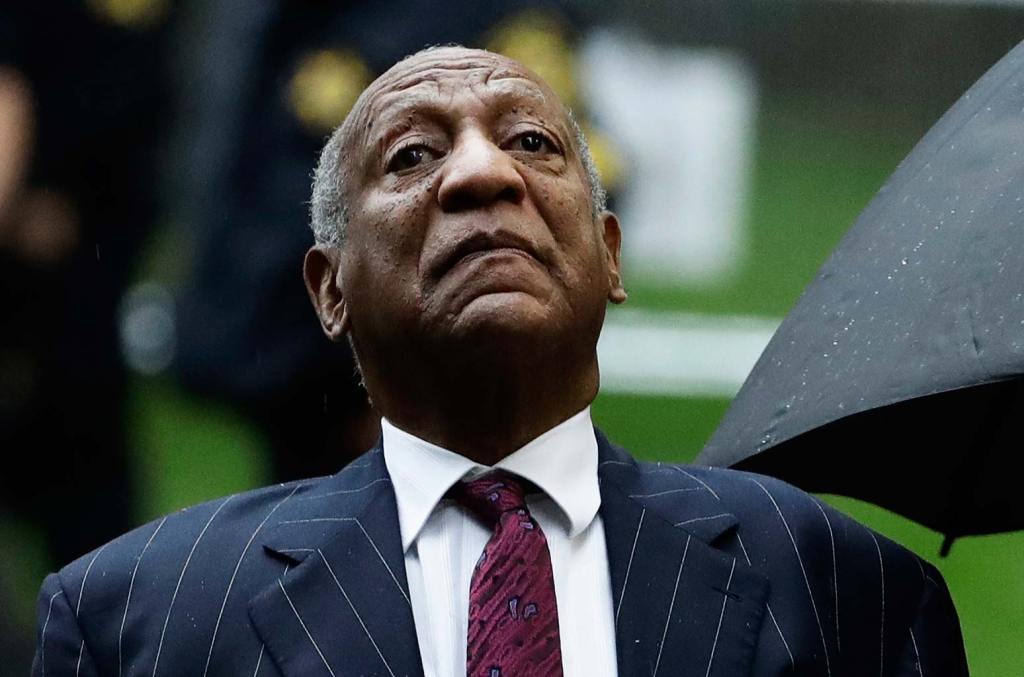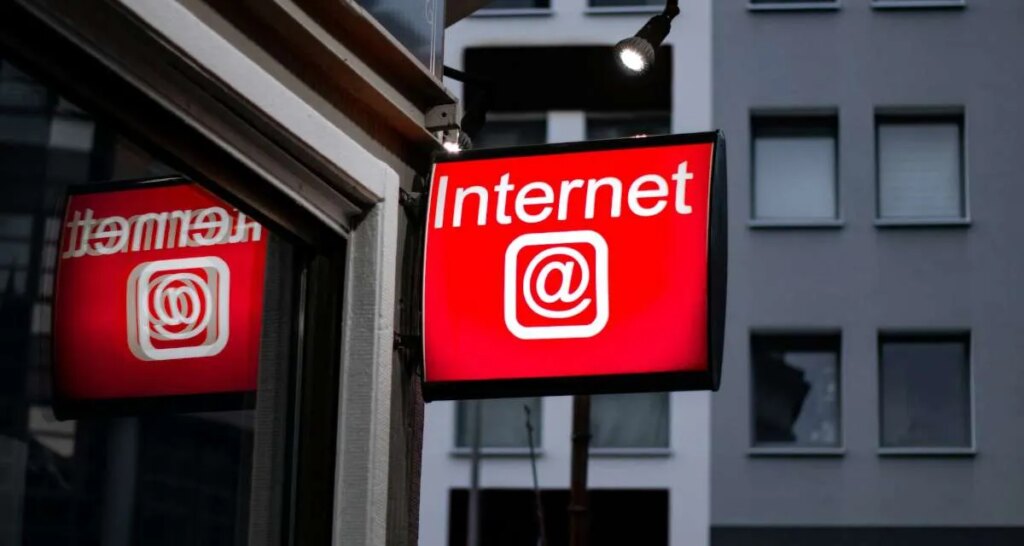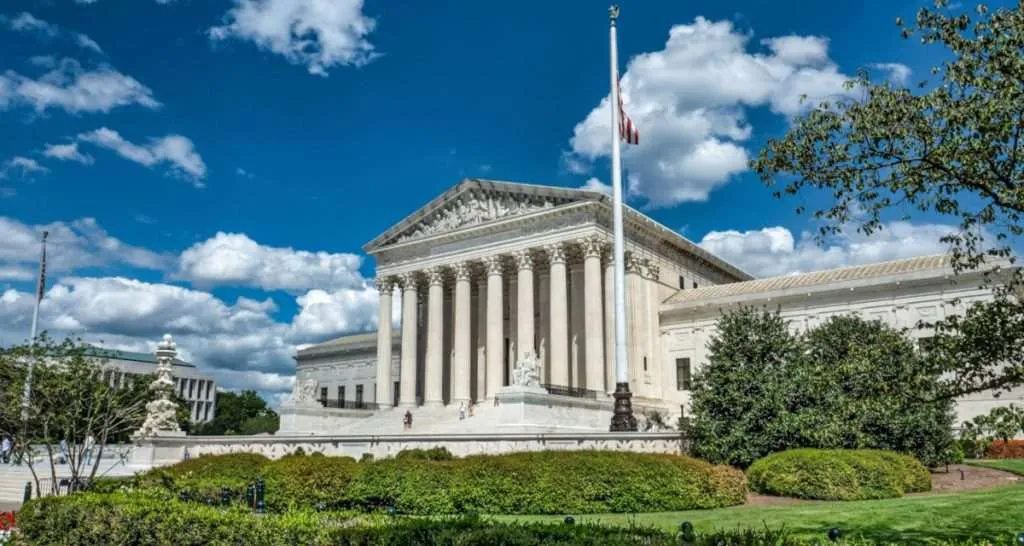Google, Amazon, and Microsoft Urge Supreme Court to Reverse Cox’s $1 Billion Infringement Ruling

Photo Credit: Stephen Phillips
Tech giants unite with the U.S. government, urging the Supreme Court to reverse the piracy liability ruling against ISP Cox Communications.
Back in December 2019, internet service provider Cox Communications was ordered to pay a billion dollars in damages to a group of major record labels spearheaded by Sony and Universal. The jury determined that Cox was liable for the online piracy committed by its subscribers, since the ISP failed to terminate their accounts despite multiple infringement notices from rightsholders and labels.
The Fourth Circuit Court of Appeals upheld that ruling, which prompted Cox to request a Supreme Court hearing. The Supreme Court formally accepted the case and received Cox’s opening brief in August.
But Cox isn’t alone in its battle; several tech giants have united with the U.S. government, which filed an amicus brief in support of Cox earlier this year.
Through the Office of the Solicitor General, whose arguments are given considerable weight by the Supreme Court, the government’s brief argues that the Fourth Circuit’s decision incorrectly applied U.S. copyright law. This, the government’s argument posits, may leave many people at risk of losing internet access while Cox (and other ISPs) faces broad copyright liability rulings.
Now, a coalition of tech companies—including Google, Amazon, Microsoft, Mozilla, and Pinterest—has submitted a joint amicus brief asserting that the Fourth Circuit’s ruling “threaten[s] all types of online service providers” with “overbroad and unpredictable liability rules.”
According to the tech companies’ brief, the lower court misinterpreted the DMCA’s safe harbor protections, which they say are intended to provide a layer of protection for service providers. Instead, the companies claim the court’s decision turned these protections on their head, transforming them into a “liability-creating mechanism.”
The DMCA enables online services to enjoy safe harbor protection as long as they implement a proper policy to deal with repeat infringers. Not doing so makes Cox ineligible for safe harbor protections—but not automatically liable. The court concluded that Cox is liable for contributory infringement because of its failure to implement such a policy.
“The lower court determined that the failure to act that made petitioners ineligible for safe harbor—non-termination of service for subscribers alleged in notices from respondents to be repeat infringers—was sufficient to establish contributory infringement.”
The tech companies, similar to the government’s position, argue in their brief that “conscious, culpable conduct” is required to prove contributory infringement. A failure to act, they say, is not enough. Further, the brief argues that willful infringement requires knowledge of its own wrongdoing.
In addition to the U.S. government and the coalition of tech giants, filings from an array of fellow internet service providers, digital rights groups, and legal scholars have all argued against the lower court’s decision. It is, according to their arguments, a dangerous expansion of copyright law that threatens to “disrupt the fundamental nature of the internet.”
“If there was ever a case where the Court should act cautiously before expanding the scope of copyright contributory liability, it’s this one,” writes the Electronic Frontier Foundation (EFF), along with the American Library Association and Re:Create. “Here, Defendant Cox is an Internet Service Provider (ISP), upon which millions of innocent users rely for internet access, a vital service in today’s society.”
“By treating Cox’s passive provision of internet access and data transmission as a knowing, material contribution to infringement, the Fourth Circuit collapsed the crucial legal distinction between conduits and hosts, extending contributory liability into an area where no court or legislature has ever placed it,” pointed out legal scholars Christopher Cotropia and James Gibson.
These and other briefs have turned a spotlight on this long-running legal battle, marking it as a landmark case in the future of U.S. copyright law. The record labels are expected to file their reply brief next month, and will undoubtedly receive a swath of support from other rightsholders, record labels, and other advocates.
Link to the source article – https://www.digitalmusicnews.com/2025/09/11/big-tech-supreme-court-cox/
-
Ibanez M510EBS A-Style Mandolin, Brown Sunburst High Gloss$199,99 Buy product
-
XSONIC Airstep Spk Edition Spark 40&Mini&Go Foot Controller with 5 Footswitches, 4 Control Modes(Change Presets, Toggle Effects, Looper), 300H Playtime, Wirelessly Control Spark for Home and Gig$76,49 Buy product
-
Cornet$0,00 Buy product
-
Novation Launch Control XL MKII USB MIDI controller for Ableton Live with assignable controls$159,99 Buy product
-
Glory GLY-PBK Professional Ebonite Bb Clarinet with 10 Reeds, Stand, Hard Case, Cleaning Cloth, Cork Grease, Mouthpiece Brush and Pad Brush, Black$99,99 Buy product













Responses